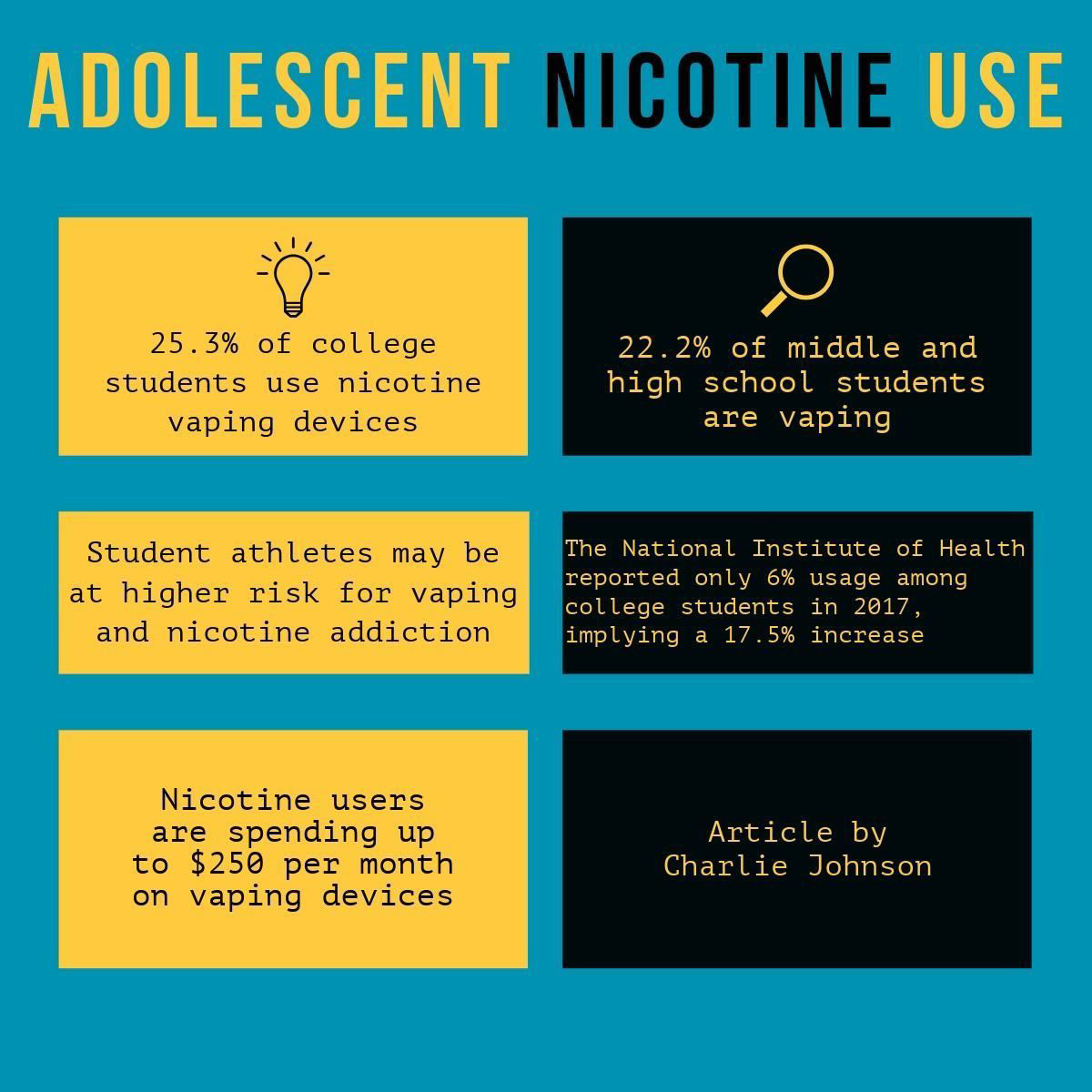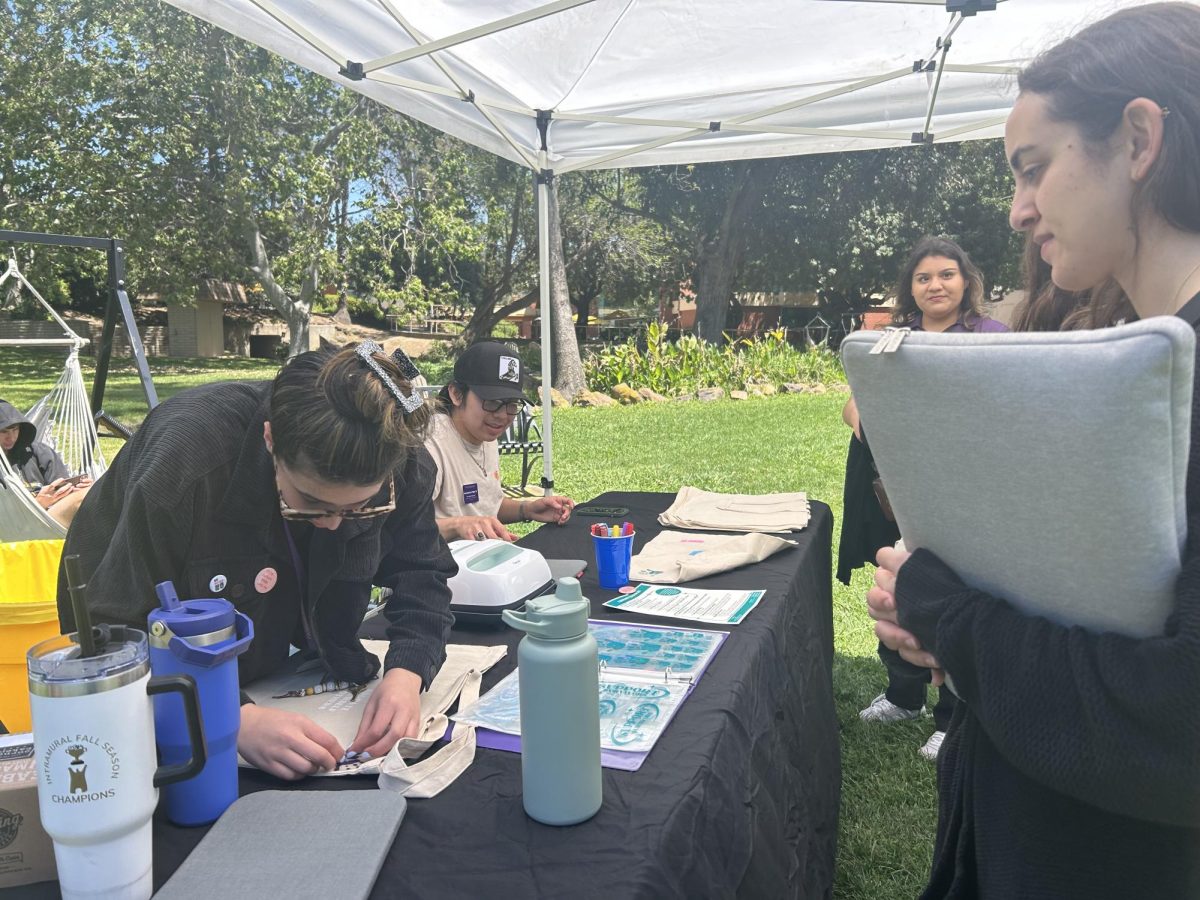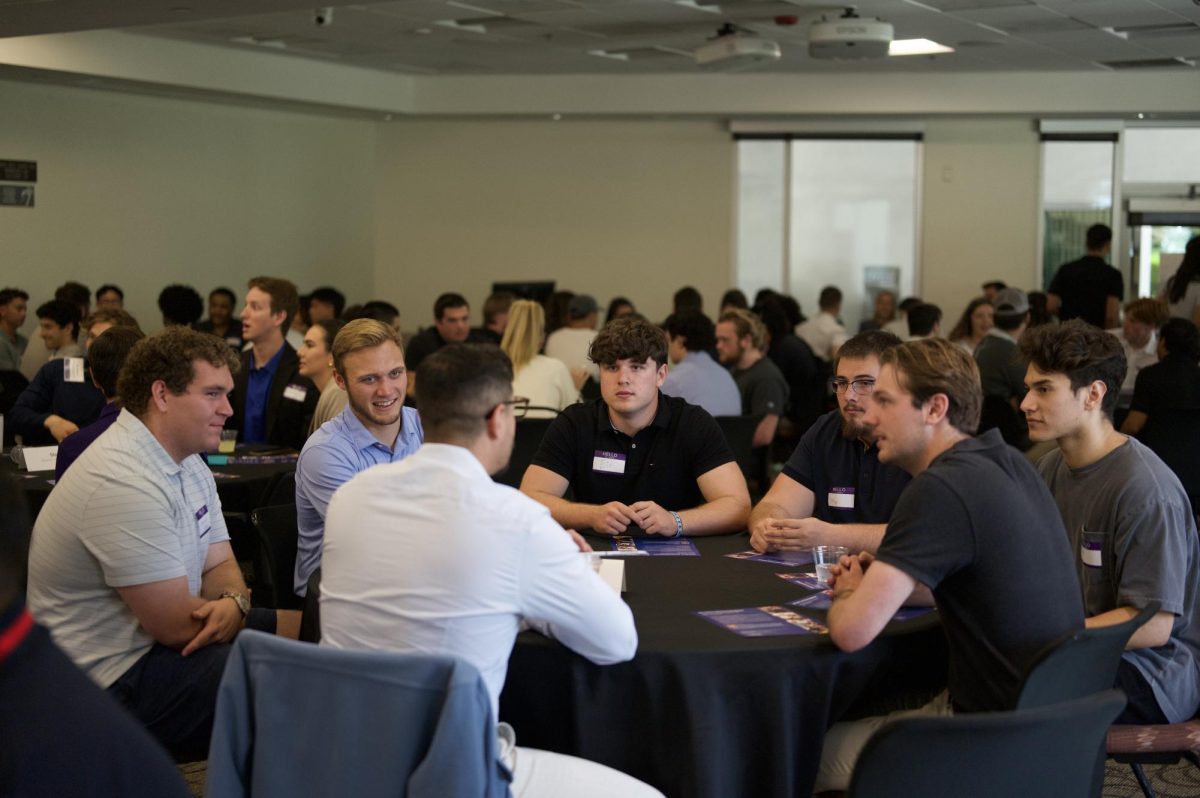On Thursday, Oct. 17, fifteen-year-old Jordan Lewis of Carterville, Ill., committed suicide after being victimized by local bullies. The day before, his sophomore class joined a seminar about bullying, which showed a video of a bullied child committing suicide.
On Sept. 9, twelve-year-old Rebecca Sedwick, of Lakeland, Fla., committed suicide after being bullied in class and online by 15 girls at her middle school. Two of the girls involved in the bullying have been arrested.
“This bullying has to stop. People have to stop treating other people the way they do, because some people just don’t have the strength to overcome the humiliation, the continuation of being picked on constantly, every day, to the point that they have no outs,” said Lewis’ father, Brad in a public statement seen on CNN.
Bullying has become a serious issue across the world and must be stopped.
While it can be difficult to identify and punish bullies, I think authorities need stronger and more consistent consequences for those who are guilty of horrible behavior.
A way of preventing bullying is to look at why kids are being bullies. Many times, their actions stem from their own insecurities.
This fact brings about a possible solution: by helping bullies overcome their own self-doubts, society can stop them from bringing others down with them.
“The kids who have bullied others are insecure themselves and project that onto others. They want others to feel the way they do, so if they feel unworthy or sad, they want them to feel that way,” said Tanya Jensen, a sixth grade teacher who educates her students on bullying.
“There is some level of intolerance, but in large, people are insecure and instead of learning how to deal with it, they feel better bringing someone down.”
Educators need to encourage their students to stand up for themselves and for their peers. The bystanders of bullying are just as guilty as those who bully.
By not involving themselves and making authorities aware of what is going on, they are silently making a statement that what the bullies are doing is OK.
By informing a parent, teacher or school administrator of the bullying they witnessed, they could potentially save a life.
“We need to be committed to creating a culture of mutual caring and patience. We reduce bullying by becoming more kind to ourselves and to others. Each of us needs to take responsibility for not rewarding bullying behavior. It is best to reject the bullying behavior without rejecting the bully,” said Alan Goodwin, director of student counseling services at CLU.
Today, a common form of bullying is cyberbullying, which occurs online, often via social media and message boards.
According to a study done by dosomething.org, 43 percent of teens have been bullied online, but only 10 percent of victims report the bullying.
One way cyberbullying can be avoided is by getting rid of social media accounts.
“They can’t attack you if they have nothing. If you respond, you fuel the fire, but if you stop and delete the platform they’re reaching you on, they can’t attack you on something that doesn’t exist,” said Ali Sepasyar, star of Cartoon Network’s show “Dude, What Would Happen.”
Sepasyar’s show did several public service announcements and episodes on how to stop bullying, which were featured on “Larry King Live” and “Anderson Cooper 360” and also acknowledged by President Barack Obama.
Bullying has been going on for decades, but recent technological developments have allowed it to cause more damage, especially in recent years.
According to the Centers for Disease Control and Prevention, one in three deaths in people under the age of 20 are suicides of bullied children.
Bullying can be prevented by holding everyone accountable for their actions, educating students on the effects of bullying by providing them with resources and outlets and encouraging them not to use social media.
Caitlin Dimmitt
Staff Writer
Published Oct. 30, 2013








